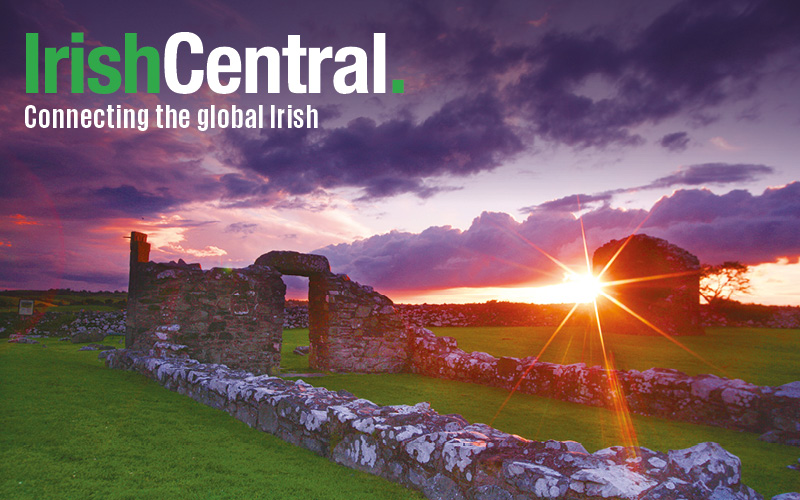Guinness is a name that is as synonymous with Ireland as Murphy, Byrne or O Connor. It is unsurprising then that the Guinness name is to be found throughout our records on Findmypast. Entries relate to both the illustrious family of brewing fame and the lesser known branches of the family who used the name in that form. Other variants of the name include Mac Genis and Magennis, all said to have derived from the Irish Mag Aonghusa (son of Angus).
The family tree of the brewers’ reveals the carefully managed creation of a dynasty by Arthur Guinness (1725-1803), and built on over the course of the nearly 300 years since. The integrity of the family (and presumably that of the family fortune!) was maintained by careful intermarriage of cousins, a common practice among wealthy or landed families. Somewhat unusually in the earlier generations the family did not practice primogeniture. In a reversal of the common practice of the time the family business passed to second sons or nephews, rather than the eldest son. The eldest sons of the first two generations were ordained, Hosea Guinness (1765-1841) and William Smythe Lee Grattan Guinness (1795-1864). However, by the 19th century the family appear to reverse this trend and eldest sons are to be found in charge of the business.
The family entered the brewing trade in 1752, turning a previously small-scale ‘brew as needed’ cottage industry into an international business over the course of the ensuing decades, moving to the now famous James’ Gate buildings in 1759. The company began by brewing porter and ale. Ale was the staple drink of the population in the 18th century and despite some uncertainty in the brewing industry in the mid-18th century, a sound investment at a time when tea was still a luxury commodity.
As you might expect such a prominent family appears in many of the records on Findmypast including the Freemen of Dublin City 1774-1824 in the earlier period.
Arthur & Hosea Guinness, Freemen of Dublin City by virtue of birth.
Later they are to be found in Burkes Landed Gentry of Ireland, 1899, where the Guinness women can be seen to marry into the ranks of the landed gentry, and introducing family names in the naming of their children.
Eliza Agusta Guinness, daughter of Hosea Guinness, married into the gentry.
The upheaval of the rebellion saw property destroyed and opportunistic looting across the countryside and the details of both perpetrators and victims were collated in two volumes. The Guinness family sought compensation for the loss of “porter & casks” with a value of £99, 16s 8d, a considerable sum of money at the time. One has to wonder if the porter was sold or drunk!
For more stories on tracing your Irish heritage from Findmypast click here.
*Originally published in April 2015.




Comments